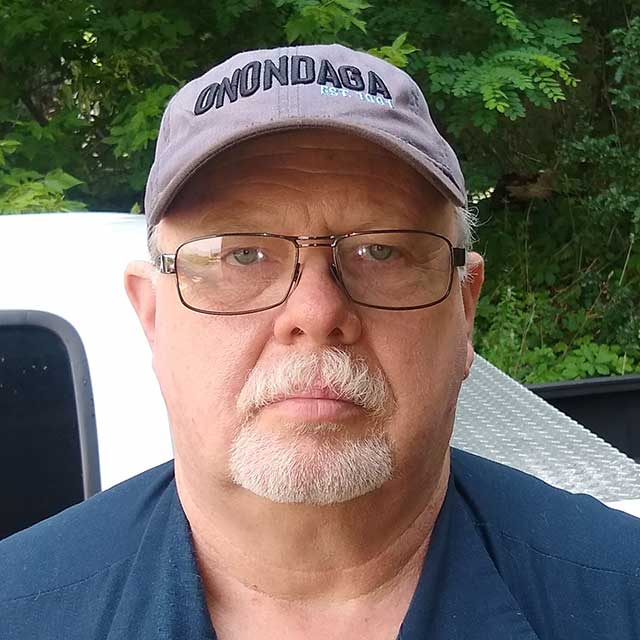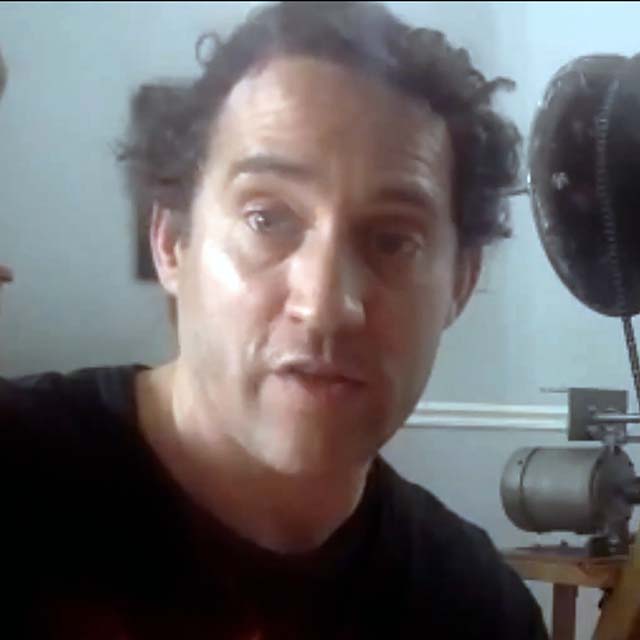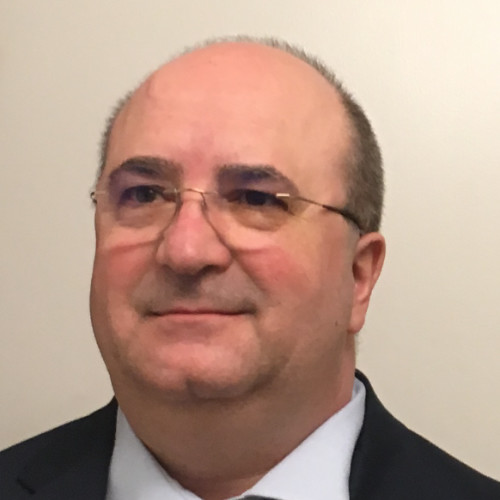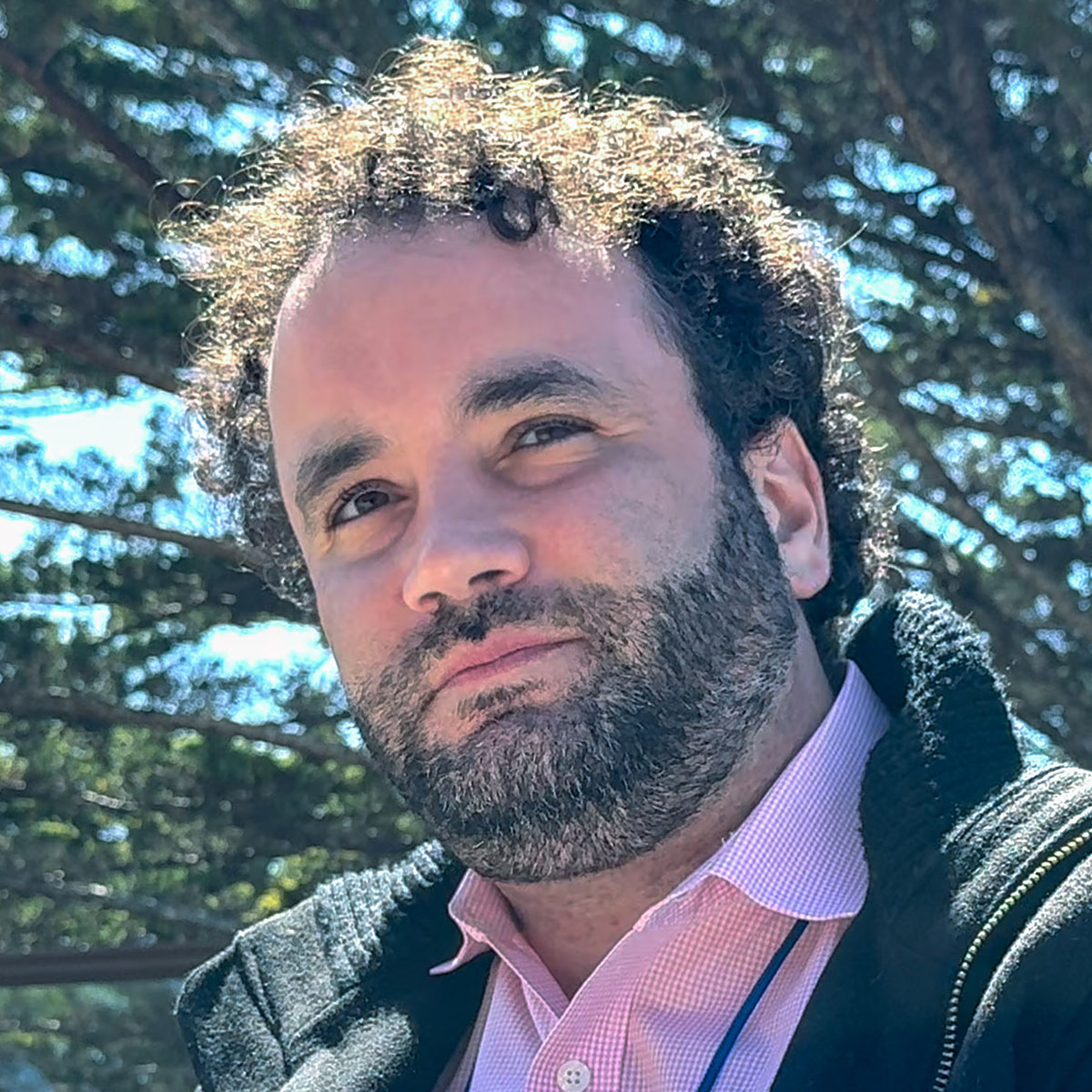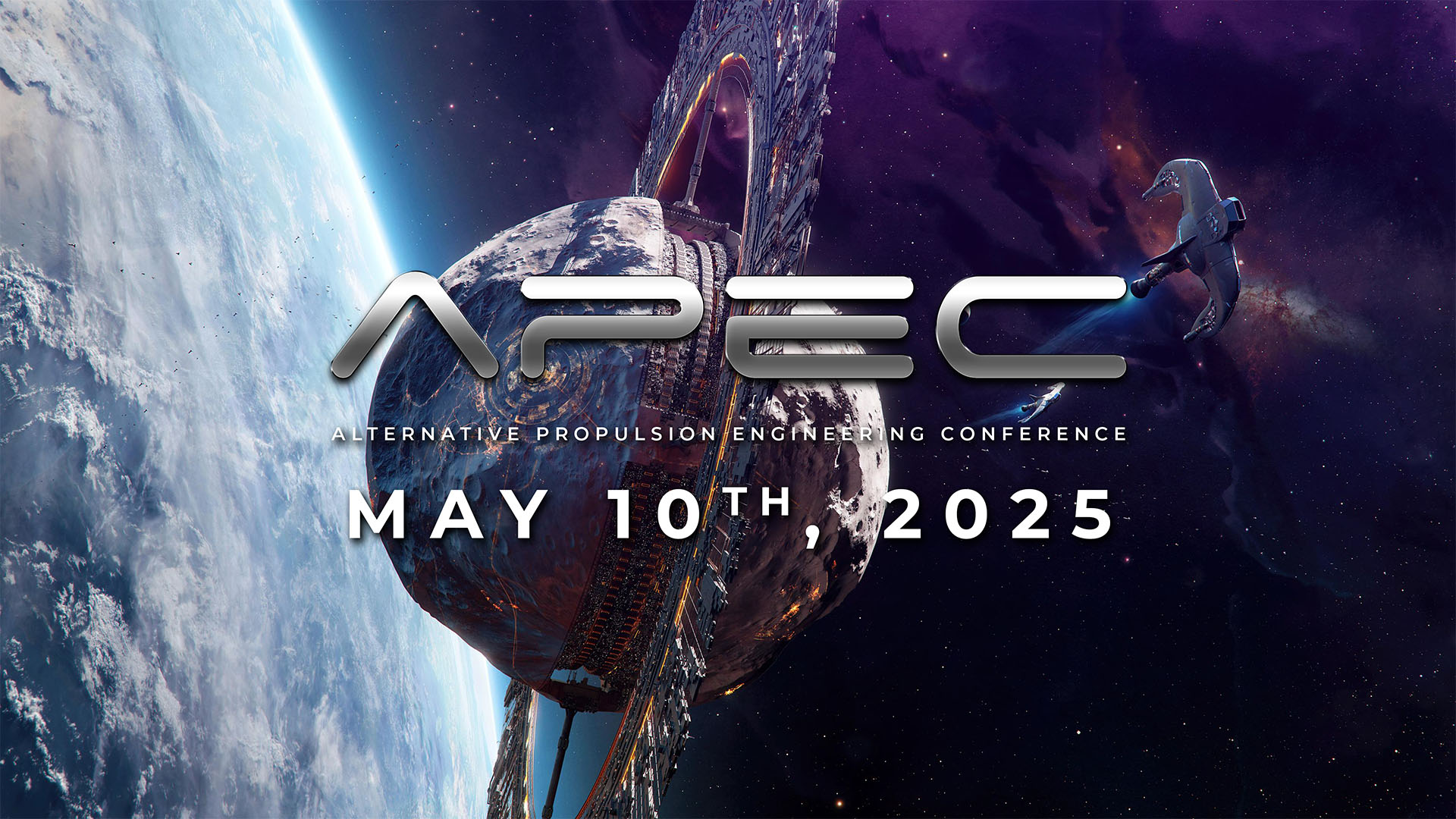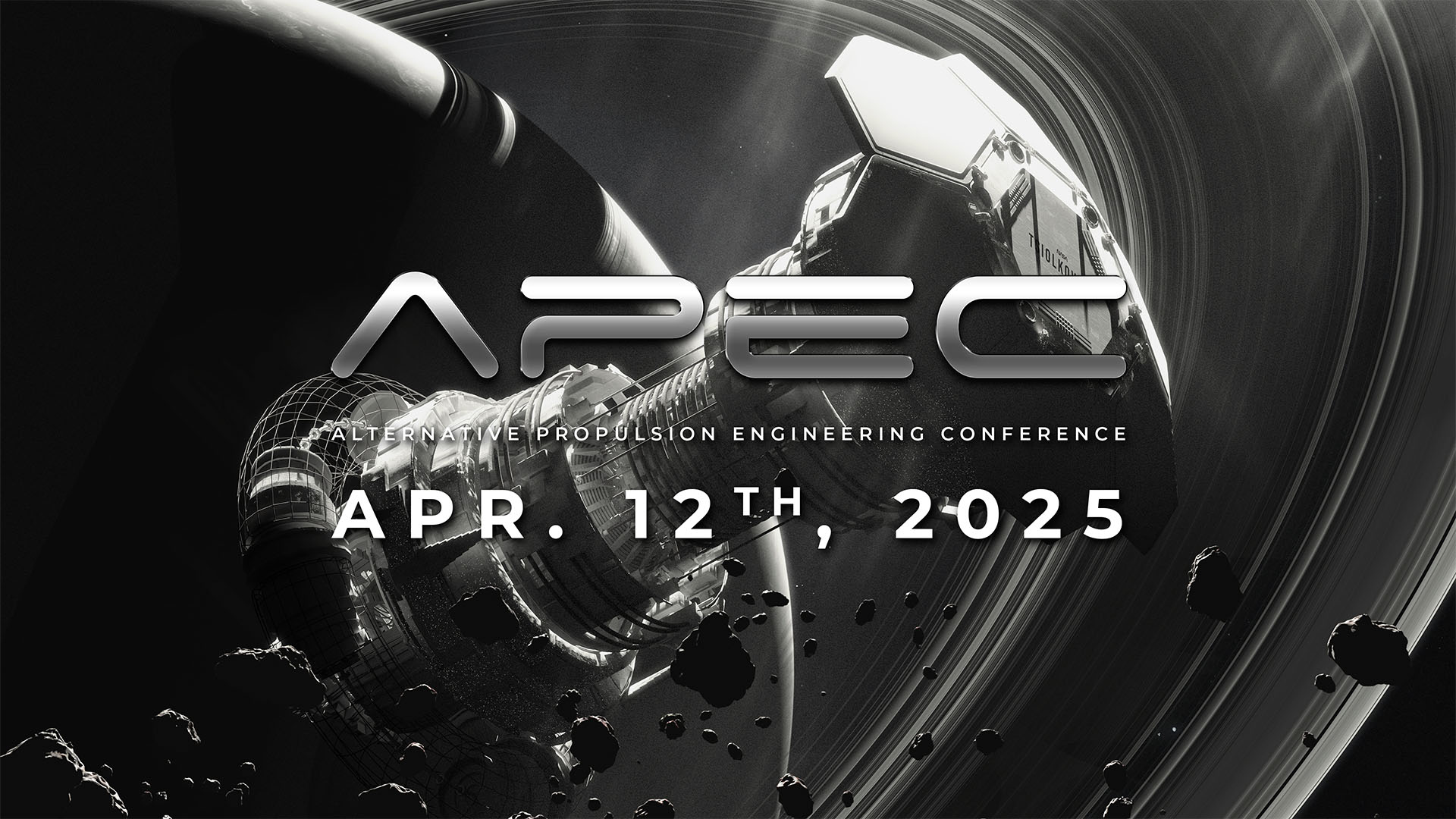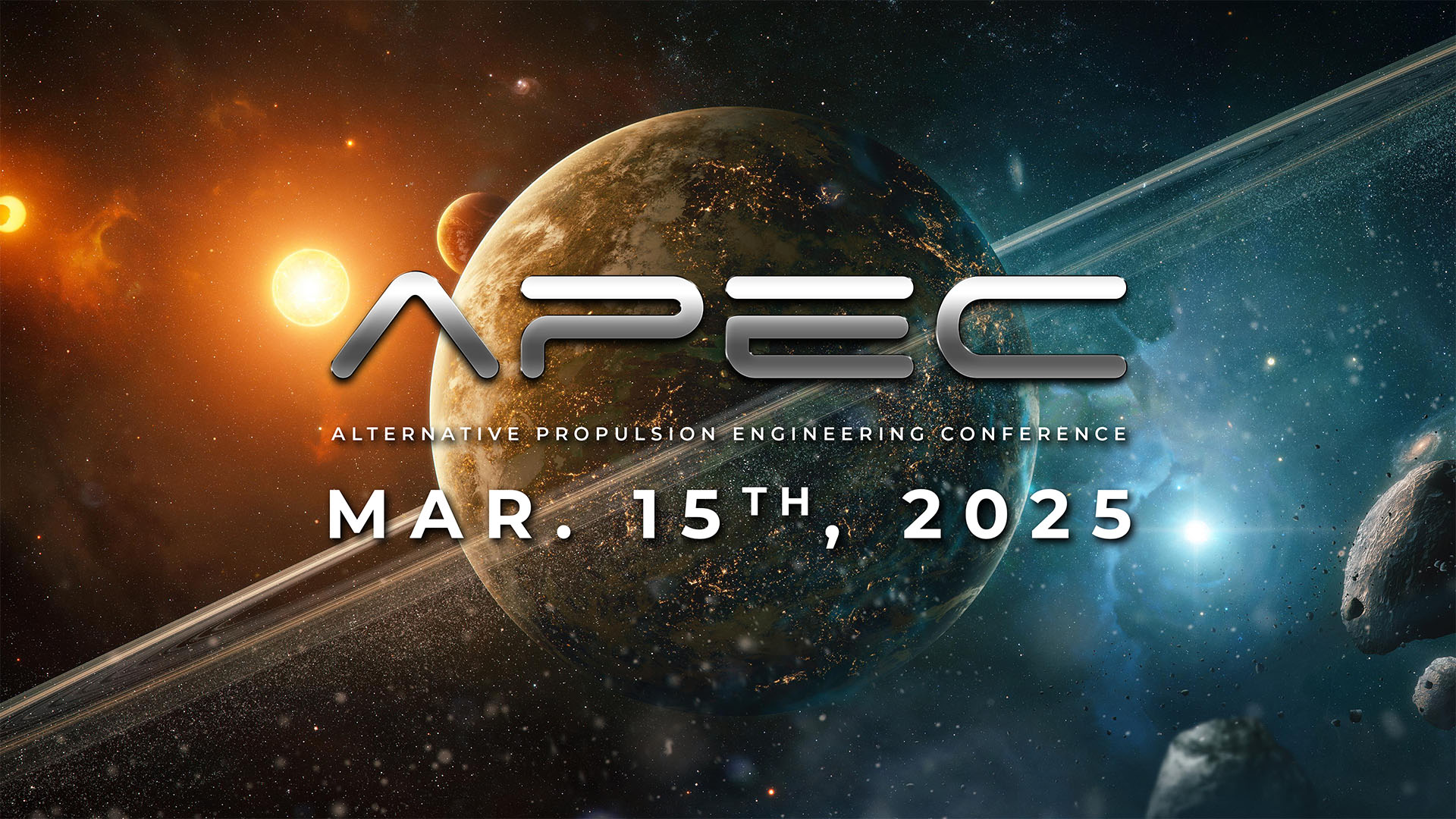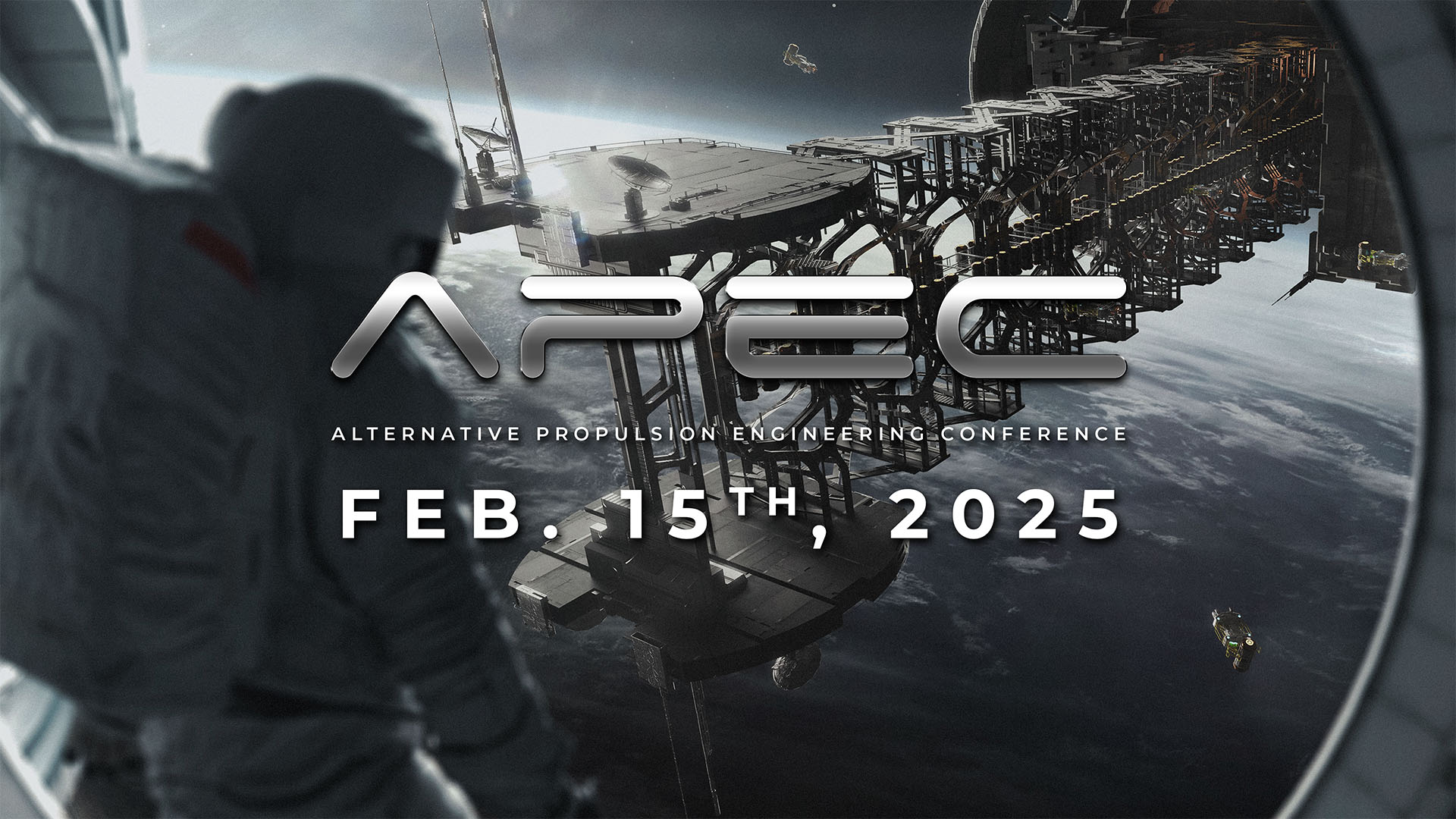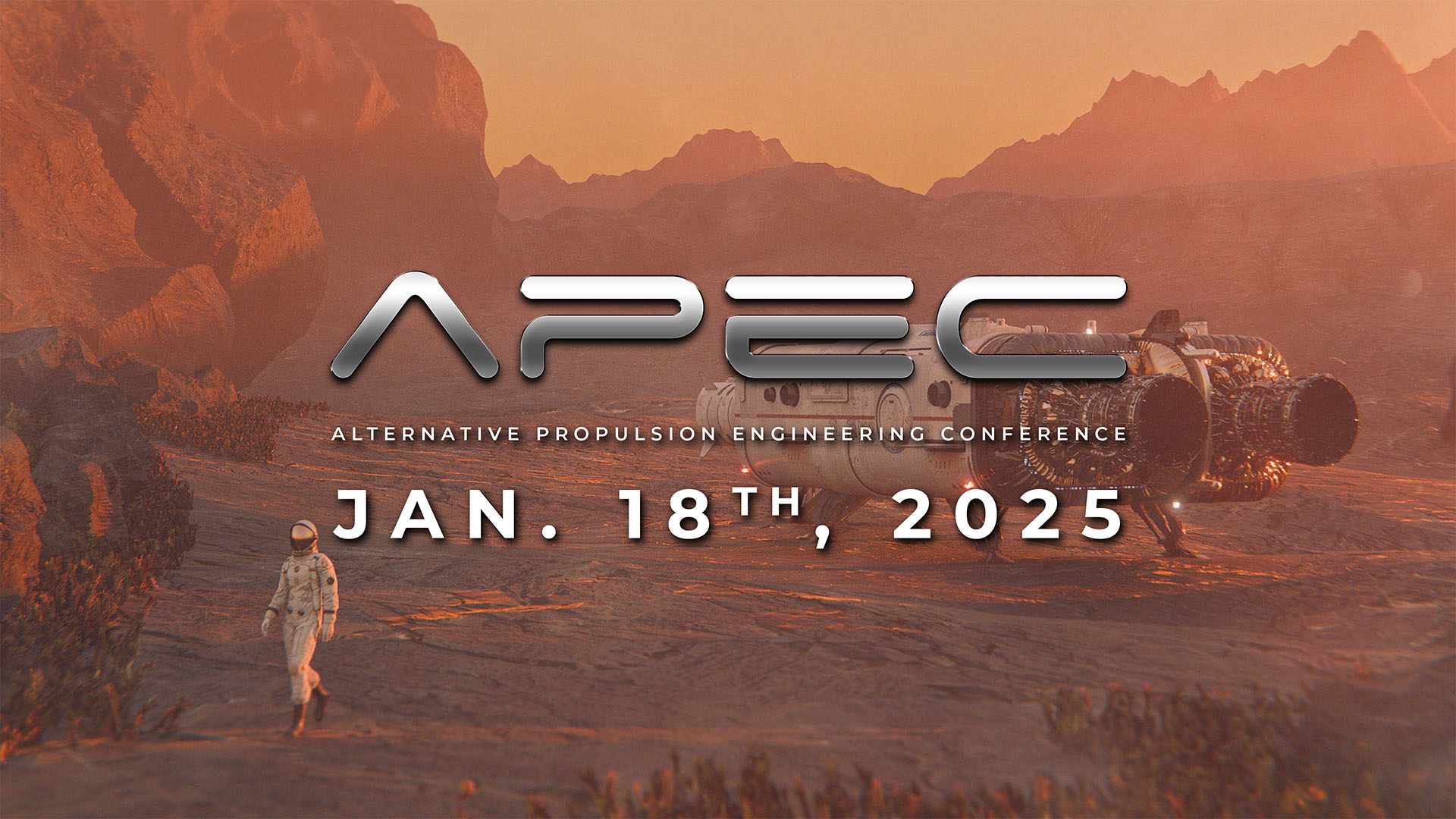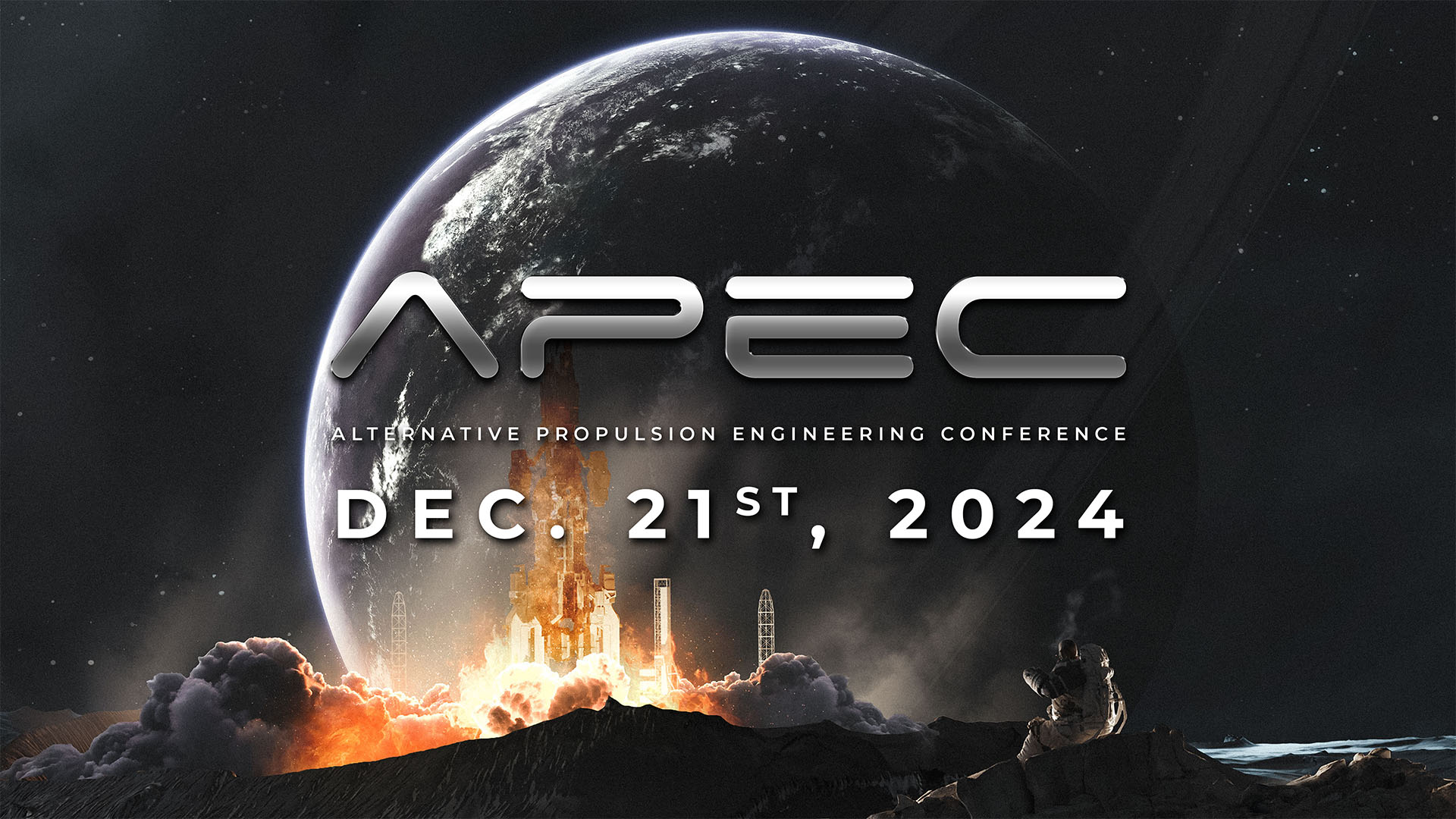APEC 2/26: Inertial Propulsion & Betavoltaics
Conference Details
Bryan St. Clair & Ross Small will discuss Inertial Propulsion, Michael McDonnough talks about Stimulated Beta-Decay Nuclear Batteries, Todd Desiato updates us on his Graviflyer research. Mark Sokol & Falcon Space provide detailed lab updates and the results of their latest experiments, and we’ll be finishing off the event with an open discussion and ad hoc presentations by conference attendees!
Part #1 – Bryan St. Clair – Inertial Propulsion
Bryan St. Clair will discuss his work with pulsed inertial engine technology, including a new “PIE Mini” that is a functional miniature demonstration model. He has just posted some videos on YouTube and bitchute of the Mini. He also hopes to have a new electric motor on the Trammel Engine (PIE X), and plans to talk about what he thinks it will do for the unit.
Part #2 – Bryan St. Clair – Inertial Propulsion Q&A
Bryan St. Clair answers questions related to his presentation and provides additional demonstration footage.
Part #3 – Ross Small – Inertial Propulsion
Ross Small demonstrates his inertial propulsion device and discusses his collaborative work with Bryan St. Clair. Ross has constructed a large inertial propulsion drive standing over 5 feet in height, powered by 2 large-scale electric motors. The device is currently half-completed, but does operate in an unbalanced torque mode.
Part #4 – Ross Small – Inertial Propulsion Q&A
Ross Small answers questions related to his presentation and provides additional demonstration footage.
Part #5 – Michael McDonnough – Stimulated Beta-Decay Nuclear Batteries
Betavoltaic cells work on the principle of stimulated nuclear beta-decay. When a beta-decay event happens, a high-energy electron is released, which can be captured and used to create a small, high-voltage current. In McDonnough’s model, the high-voltage electrical charge from the beta-events also stimulates further decay events, which may allow the creation of a battery capable of producing abundant, safe and clean electric energy.
Part #6 – Michael McDonnough – Stimulated Beta-Decay Nuclear Batteries Q&A
Michael McDonnough answers questions related to his presentation.
Part #7 – Todd Desiato – How To Tune Your Graviflyer
Todd Desiato presents an overview of his continuing research into the Alexey Chekurkov’s Graviflyer, and in this presentation he offers insights into possible methods of operation.
Part #8 – Todd Desiato – How To Tune Your Graviflyer Q&A
Todd Desiato answers questions related to his presentation.
Part #11 – Mark Sokol – Lab Updates
Mark Sokol and associates will present updates on their experimental research in the lab across a wide number of projects. In an array of experiments testing the Alzofon experiment we saw some interesting effects with a sample of osmium wrapped in aluminum. There are still potential error points that need to be worked out and many variations of the experiment yet to be tried. Highlight video of these experiments will be presented along with a list of potential errors that we’ve already identified. We may also have an update on the Graviflyer experiment by Todd Desiato depending on schedule availability.
Part #12 – Open Discussion
Conference guests interested in presenting experimental info to the group are invited to participate at this time, and our presenters will be available to take questions & discuss experiments.
Links & Resources
• Bryan St. Clair: StClairTech: Pulsed Inertial Engine Technology
• Michael McDonnough: Quantum Fire Control
• Falcon Space Facebook | YouTube
• Jeremy Rys: Alien Scientist Website
Join the APEC Conference
Want to see more great conference events like this one? Sign up for our mailing list to get exclusive access to captivating presentations, engaging events, and more!
RECENT EVENTS
APEC 5/10: UAPs, Gravitational Propulsion & Heim Theory
March 24, 2025
APEC 3/15: Inertial Propulsion & UAP Sample Analysis Drilldown
February 24, 2025
APEC 2/15: ET Technosignatures, Discontinuum Physics & Torsion
January 25, 2025
APEC 12/21: Vacuum Propeller, Torsion Physics & CID Demo
November 4, 2024
